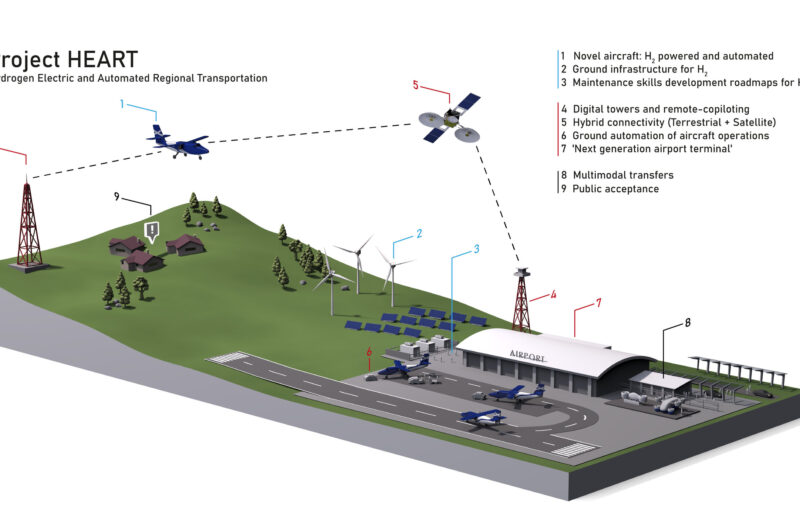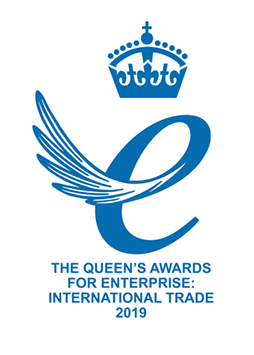Inmarsat to provide satellite connectivity for UK’s first zero carbon regional air network

exc-60101cc5c970922437893667
Inmarsat will provide connectivity for Project HEART (Hydrogen Electric and Automated Regional Transportation), a new initiative funded by the UK Government to develop the country’s first automated, zero carbon regional air transportation network.
Project HEART will develop hydrogen powered, automated and remote piloting solutions for small aircraft carrying between nine and 19 passengers, travelling short hops of fewer than 500 nautical miles. Up to 100 licensed airfields throughout the UK will be made available as part of the initiative, which is expected to enter service in 2025.
Existing short hop air travel is economically unsustainable and reliant on government subsidies to cover high maintenance and running costs. Current operations, which require two onboard pilots, depend upon expensive and polluting gas turbine powertrains.
Inmarsat will help to power a hybrid connectivity solution that seamlessly combines its satellite communications with ground networks, enabling remote ‘digital’ co-piloting and journey critical communication in the cockpit. This allows the human pilot and the digital co-pilot functions, designed by Blue Bear Systems Research, to work together effectively and operations to be managed remotely. The technology will be evaluated on Britten-Norman aircraft.
Philip Balaam, President of Inmarsat Aviation, said: “We are proud to support, alongside our partners including Honeywell Aerospace, this important project of the UK Government, utilising our 30 years of experience in satellite communication, navigation and surveillance for both commercial and private aviation, as well as expertise in unmanned vehicle traffic management.”
Project HEART is led by the Department for Business, Energy & Industrial Strategy (BEIS) and is funded by the Industrial Strategy Challenge Fund (ISCF) Future Flight Challenge (FFC). The consortium comprises of leading UK technology companies that will contribute resources in the areas of technology, operations, infrastructure and think tank experience.
Other innovations in development for the project include hydrogen fuel cell powertrains for aircraft (led by ZeroAvia), hydrogen refuelling solutions (led by Protium), and a Mobility as a Service (MaaS) platform, with integrated sub regional flight travel mode (led by Fleetondemand).








